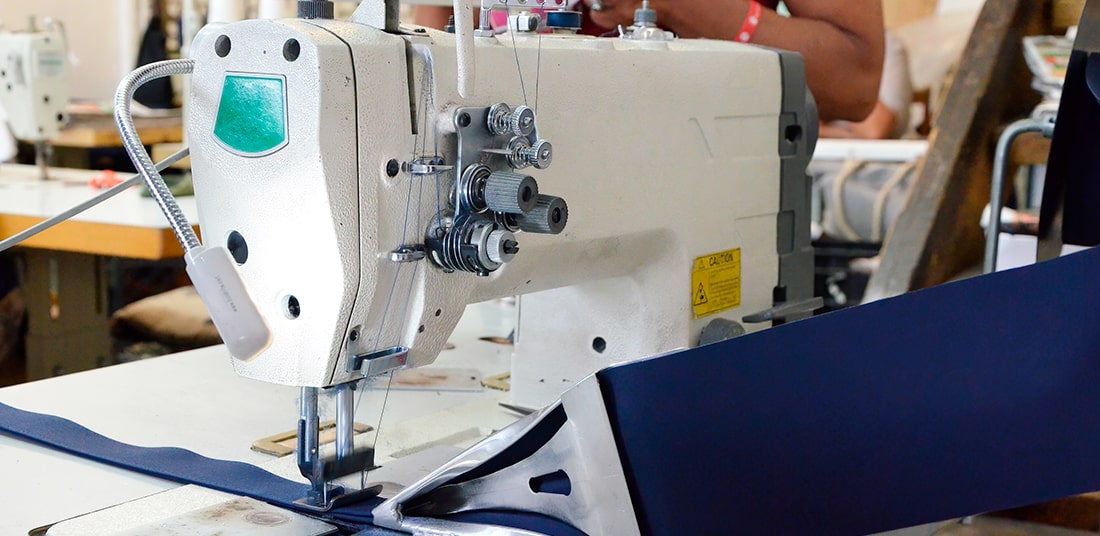Experiences of home-based worker running a small workshop in Cape Town, South Africa.
Since the start of the national Lockdown in South Africa, home-based workers were severely affected. Abby’s story is one of several thousands who suffered loss of income during this period. In fact, since the beginning of 2020 Abby had no work. This was due to the collapse of the clothing and textile industry in South Africa because of cheaper imports from other countries. This had led to factory closures. Coupled with this was the global downturn or crisis in the economy- and now, the COVID-19 crisis and lockdown.
The lockdown meant no work and no income. It started in March, 2020, with a ban on movement and closure of all industries except for essential services. For Abby, not only was there no work or income but she received no social assistance or temporary relief from government schemes that were put in place for workers employed by big industry to claim to sustain their livelihoods during this period. It is important to note that most of the social relief grants and schemes, meant for poor households, have yet to reach them.
Abby’s Fashions is a small, informal cut make and trim (CTM) workshop, providing work for five other women. The lockdown meant five families that depended on work and a regular weekly income had no income and no relief from government.
One of the messages government put out around April was the need for health workers and other essential service workers to wear masks. Towards the end of the initial and strictest lockdown (level 5) and beginning of level 4, some clothing companies returned to work due to the demand for masks and protective clothing. This prepared the way for level 3, where restrictions were further reduced and the economy opened up a little more.
For Abby’s CMT it meant an opportunity for work and an income. In the beginning she received orders for masks from different middle persons. The orders were for 250 to 500 masks at R2.00 to R2.50 (0.15 US cents) per mask. Some of these orders included masks for provincial government departments. Abby’s Fashions took the work knowing the rates are very low. Home-based workers like Abby and others are not recognized or protected in the supply chain. With no recognition and protection by labour laws these workers are vulnerable and super exploited by big and medium businesses.
Abby’s Fashions then received bigger orders such as 600 masks a week, but although the work on the masks increased, the rate remained the same. Abby’s Fashion’s also had an order for PPEs for public and private hospitals at R12.00 (0.75 US cents) per garment. This order was for 5000. On these bigger orders Abby’s hours increased. She was working more than 12hours per day at extremely exploitative rates. In fact, wages for workers and electricity expenditure leaves her home-based business with no reserves. This is one of the main reasons she is not registered with the Clothing and Textile Bargaining Council, as this becomes an additional expense.



